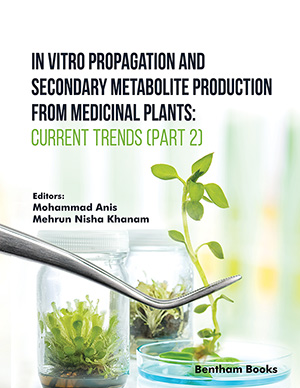
Abstract
Background: Bladder cancer is a prevalent malignancy globally, characterized by rising incidence and mortality rates. Stratifying bladder cancer patients into different subtypes is crucial for the effective treatment of this form of cancer. Therefore, there is a need to develop a stratification model specific to bladder cancer.
Purpose: This study aims to establish a prognostic prediction model for bladder cancer, with the primary goal of accurately predicting prognosis and treatment outcomes.
Methods: We collected datasets from 10 bladder cancer datasets sourced from the Gene Expression Omnibus (GEO), the Cancer Genome Atlas (TCGA) databases, and IMvigor210 dataset. The machine learning based on feature selection algorithms were used to generate 96 models for establishing the risk score for each patient. Based on the risk score, all the patients were classified into two different risk score groups.
Results: The two groups of bladder cancer patients exhibited significant differences in prognosis, biological functions, and drug sensitivity. Nomogram model demonstrated that the risk score had a robust predictive effect with good clinical utility.
Conclusion: The risk score constructed in this study can be utilized to predict the prognosis, response to drug treatment, and immunotherapy of bladder cancer patients, providing assistance for personalized clinical treatment of bladder cancer.
Keywords: Bladder cancer, prognosis, machine learning, drug sensitivity, immunotherapy, algorithms.
 14
14


























